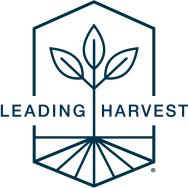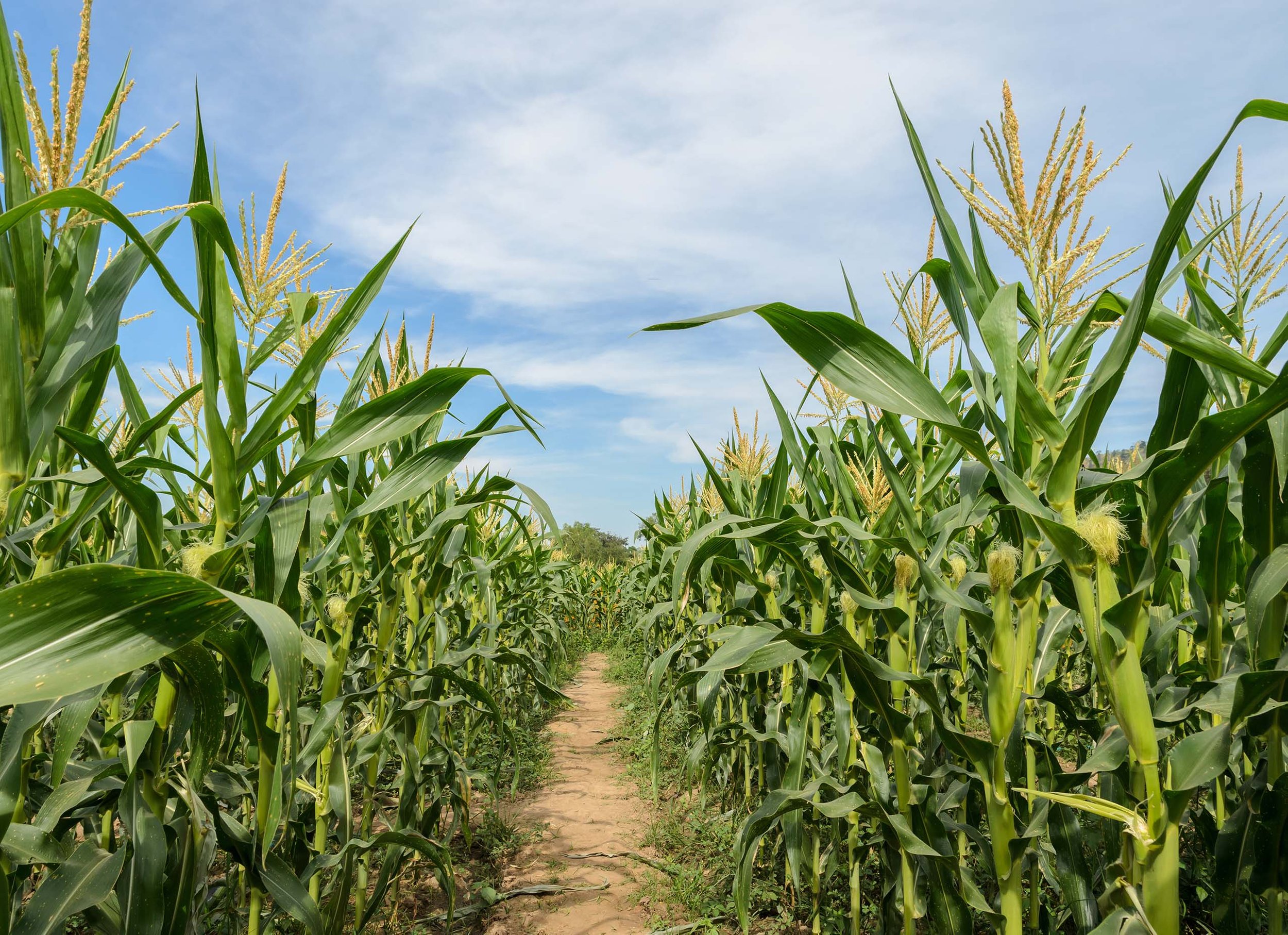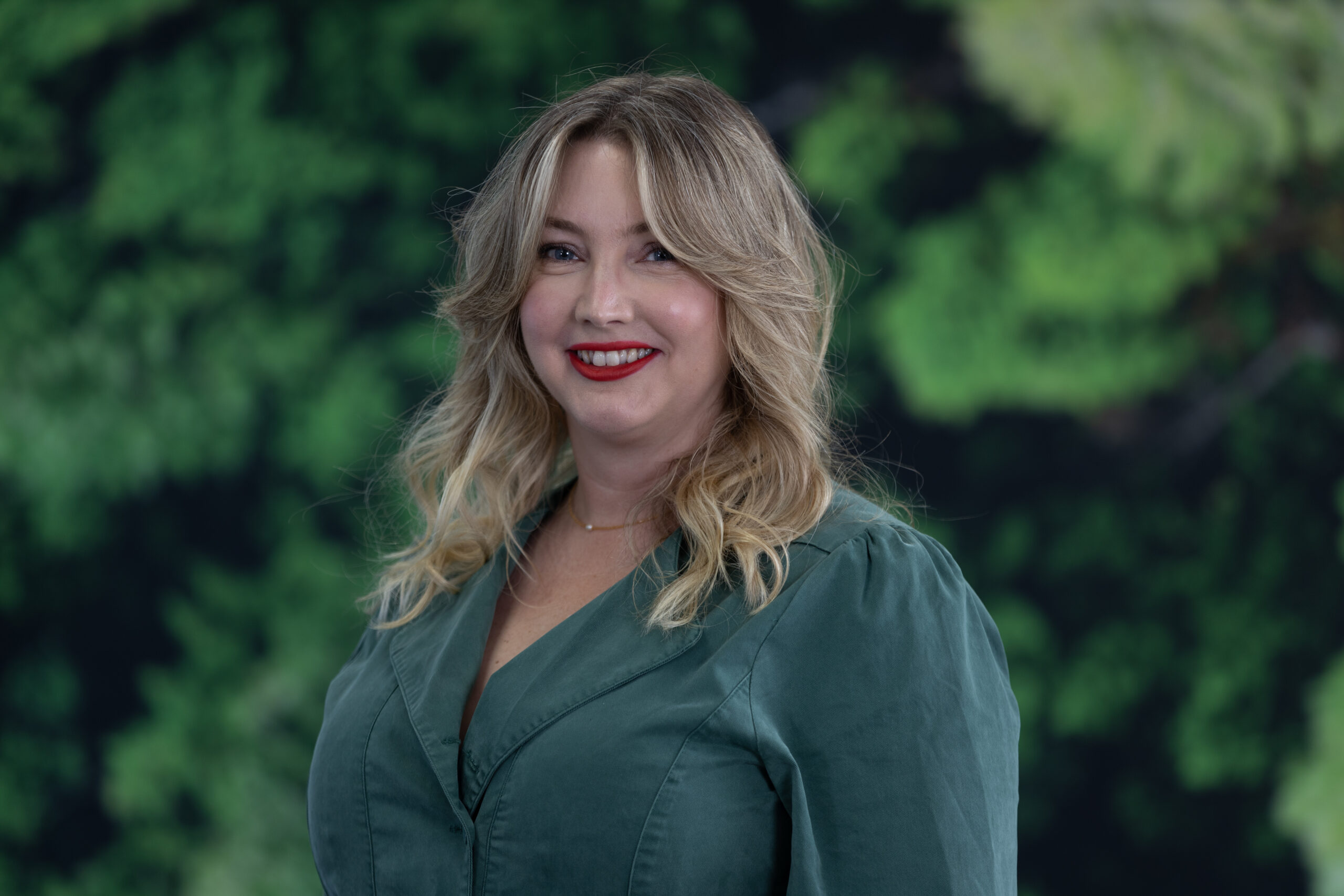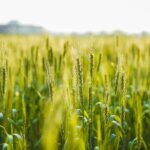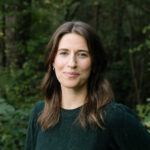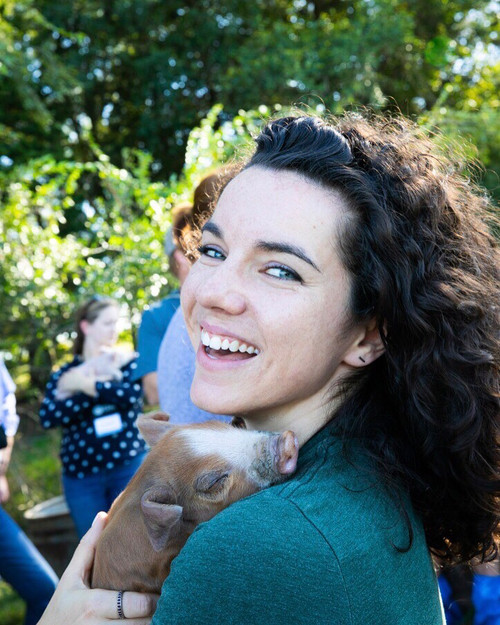
Where are you located?
Denver, Colorado
How did you become involved in sustainability/agriculture?
After graduating college, I worked briefly in medical education and was very interested in human health. I quickly became fascinated by how farming practices impact the quality of and nutrients in our food. I devoured books like The Omnivore’s Dilemma and In Defense of Food by Michael Pollan and The Third Plate by Dan Barber. In 2015, I began editing for the nonprofit Food Tank, where I had the opportunity to work on stories about sustainable food more generally and learn about the complex challenges facing our systems every day. I’ve been focused on the intersection of food, agriculture, health, and the environment ever since, working as a freelance journalist and consultant across nonprofit, academia, corporate, and startup tech.
What do you like to do outside of work?
I’m an avid cyclist and love riding up the steep mountains of Colorado. When I’m not working or cycling, I love to hike, practice yoga, go on long walks with the dog, and read books about human psychology. I’m happiest visiting used bookstores, trying out new coffee shops, and exploring the Rocky Mountains by car or foot.
What is your biggest professional achievement to date?
In a previous position, I directed marketing and communications for a startup helping aquaculture farmers become more climate resilient. With a small team and almost no budget, I developed industry thought leadership with coverage in more than 30 outlets, op-eds placed in top publications like The Economist, and inbound speaking engagement requests on four continents.
I’m proud of this work because the company went from not ranking on the first page of Google results to receiving unsolicited meeting requests from globally recognized organizations. Through quality thought leadership, we were able to encourage meaningful conversations about the aquaculture industry’s role in global sustainability.
What is your role at Leading Harvest and what kinds of projects will you work on?
I’m the Director of Brand and Communications for Leading Harvest. In this role, I develop and execute strategy to increase awareness and trust in Leading Harvest’s brand globally. While I’m still new in the role, this will involve building thought leadership, working with media, directing our involvement in industry events, and overseeing marketing and communications content… among many other things!
What are you most excited to work on?
My career so far has focused on communicating complex issues in a way that’s accessible to a broad audience. Food systems are incredibly complex and nuanced, and sustainability certifications are notoriously confusing and unclear. I’m most excited about the opportunity to bring more transparency to this space through our work at Leading Harvest, and I’m thrilled by the opportunity to help educate about these topics across the supply chain. Hopefully, this can help break down silos and better align behind shared goals.
In your experience of reporting on projects and people working toward a more sustainable and equitable food system, what is the value of harmonizing sustainability reporting?
Harmonizing sustainability reporting is critical to scaling a more regenerative supply chain. Right now, sustainability certification is a cluttered and chaotic space. Producers are making incredible strides towards more sustainable farming systems, but rigid guidelines and incompatible standards prevent them from fully leveraging this work. Harmonization aligns across the supply chain, giving farmers better access to markets and fair prices for their products while making it easier to source more sustainable goods and meet larger ESG goals.
What makes the Leading Harvest Standard different from the others?
There are hundreds of systems and standards out there for sustainability assurance, but most are built for one crop, region, or purpose. Most are also compliance-based – producers either pass or fail based on a set of guidelines. But sustainability involves complex and nuanced systems like soil health, for which there aren’t one-size-fits-all solutions.
The Leading Harvest Standard was built with the flexibility to scale across farming systems of all sizes and regions while maintaining rigor and meeting ambitious outcomes. It focuses on continuous improvement rather than checking boxes, and it allows the producers themselves to decide the best way to make those improvements. This creates sustainability assurance that is responsive to the broad diversity of ecosystems, crops, regions, and management systems in agriculture.
What makes you hopeful about the future of sustainability in agriculture?
I’m fortunate that my work has taken me across the world to speak with folks working on agricultural sustainability in their local communities. From producers in Iowa raising the standard of sustainable and humane livestock farming to plant breeders in Senegal finding ways to cultivate climate-resilient cropping systems, I’ve seen so many stories of hope and success in action. These are the stories that don’t get enough coverage in the media. While there are enormous challenges facing our food and agriculture systems, there are countless farmers, researchers, and innovators making a difference on the ground every day. Especially working with an organization like Leading Harvest, I feel very hopeful that we can scale these efforts and build a more sustainable and equitable future.
